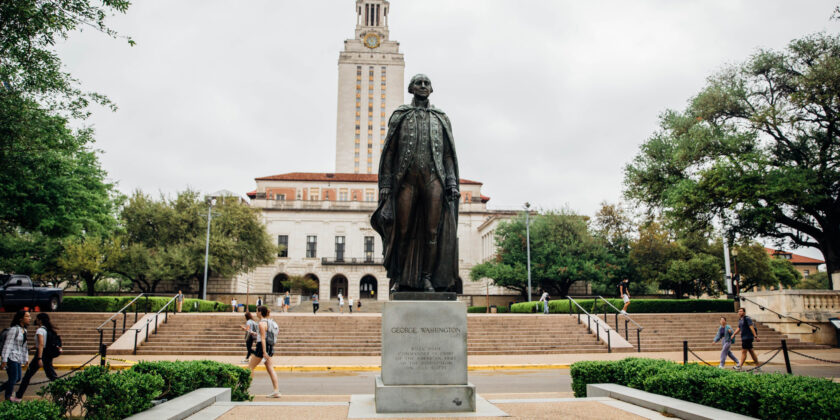There are many optional components of a college application: essays, interviews, video submissions, and what is treated as the most widely optional item, the resume.
I encourage the submission of an optional resume because it is one of the best places for students to do what every single part of a college application should do: tell their story!
Application data tells a story, essays tell a story, letters of recommendation tell a story, and of course, interviews do, too—but some colleges might not offer the submission of these items. On applications with these items, a resume can help a student story-tell even more. Plus, some AdComs see the submission of optional items as an indication of additional effort or determination to help a school get to know them. That is never a bad look.
For a resume to be additive, it needs to accomplish a few things: provide detailed information above and beyond what is presented in the activity section of the application, and importantly, help the reader glean something about the student, their academic interests, role in their community, etc. that’s worth communicating. The resume can be a wonderful place to help the reader “make sense” of the application and applicant.
A typical activity description in the Common Application is only 150 characters! Here’s an example for a student we will call Jane:
Role and Organization: Vice President, Students for Service
Description: Lead weekly meetings w/50+ students, plan/run 8 service events yearly, and won regional award for raising over 12k for Hill Food House organization.
On the resume, this same student would be able to dive into this role in far more detail, better highlighting their leadership and impact. Here’s an example:
Vice President, Students for Service
- Lead weekly meetings for a student-run group of over 50+ students and coordinate 5-person leadership team meetings monthly
- As VP, lead recruitment efforts for the club and helped drive membership from 25 to over 50 students in one year
- Created new marketing materials in Canva and created an Instagram page for the group
- Plan an execute 8 service events yearly, including a holiday toy drive, three food drives, a coat drive, dress for success closet, and a two 5k’s
- Created community survey and learned how to use a survey system to determine needs in the community and what organization to support; collect and analyze all data for the club
- Established partnerships with three new local organizations in 2021: Hill Food House, Habitat for Humanity, and Women’s Cooperative Center of Salem
- Club won a regional award for raising over 12k for Hill Food House organization in 2021
Jane has done a lot for this group! Her 150-character description is a nice, brief overview and is the max she can include in her Common App. However, this activity—and Jane’s role and impact!—really shines when explained in much more detail.
In reading her app (putting my admissions officer hate on), if I also saw that she intended to major in marketing and wanted to work in the non-profit space (via an essay she submitted), this resume entry would add even more value to her application because it helps tell that aspect of her story. Through this role, we see her dedication to local non-profits and her exposure to marketing, communication, and recruitment efforts, which support her “foundation” for her intended course of study in college. In this way, the resume serves not only as a place to showcase how her time is spent when not in class, her leadership and impact, and her community-mindedness, but also her academic narrative.
College is, first and foremost, an academic endeavor. Transcripts tend to tell that story, as well as standardized testing if a student submits it. I’m hopeful students see the resume as a place to tell a story around the foundation they have built for their intended major and even highlight the other ways they intend to make an impact in and on their new community in college.
Every component of the college application can tell a story, and every student has a story to tell.
*Stay in the know! Subscribe*



